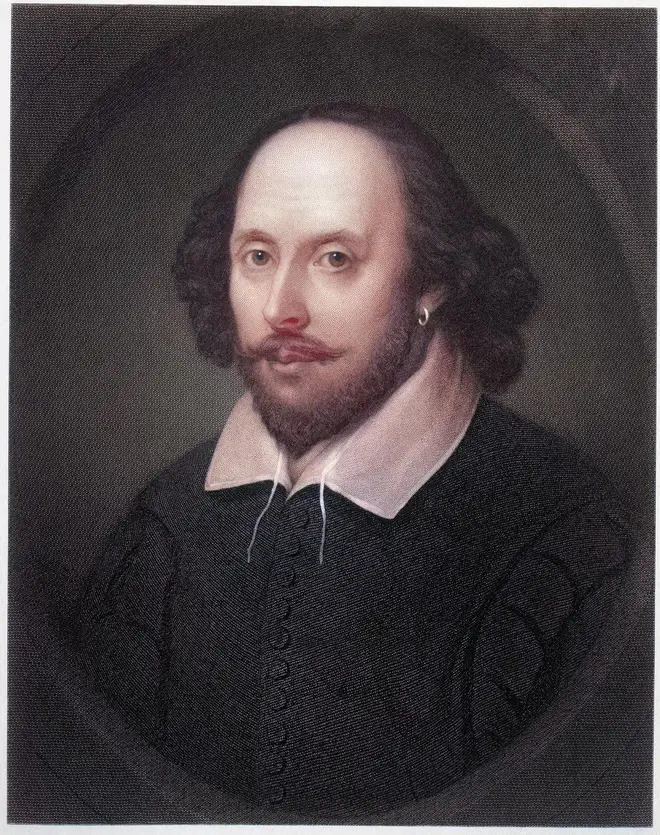
James O'Brien 10am - 1pm
10 August 2022, 09:03 | Updated: 10 August 2022, 15:57

Cleverly: It is important universities 'don't airbrush history'
Universities are facing backlash for "airbrushing history" after an investigation revealed trigger warnings had been applied to more than 1,000 texts to protect students from "challenging" content.
Higher education institutions - including three Russell Group universities - have either withdrawn texts from the curriculum or made them optional to avoid harming undergraduates.
An investigation by The Times uncovered that the work of acclaimed authors such as William Shakespeare, Jane Austen, Geoffrey Chaucer, and Charles Dickens have been given trigger warnings.
The texts include the 2017 Pulitzer Prize-winning novel The Underground Railroad, by Colson Whitehead, which has been “removed” from a course reading list at Essex University because of concerns about graphic depictions of slavery.
But a spokesman for Essex University insisted the book was still available in the library and remained an option for future lists.
The spokesman said the Underground Railroad was replaced on one reading list for a creative writing module about the development of the novel, as another book was viewed as better suited to the learning aims.
Books covering themes and issues around slavery remain on the reading lists for many other modules, the university said.
The classic play Miss Julie has also been removed from the reading list at Sussex University, as it discusses suicide.
At other universities, academics have provided students with trigger warnings before studying The Bible, because of “shocking sexual violence”, and Oliver Twist, because of “child abuse”.
Read more: Top uni told not to use phrase 'trigger warning' to avoid 'alarming' students
Read more: 'Woke' parents demand York Dungeon rename 'offensive' Dick Turpin ride

Woke watch: Trigger warning on St George and The Dragon
Responding to the investigation, Education Secretary James Cleverly said it is important universities "don't airbrush history".
He told LBC's Nick Ferrari at Breakfast: "It is really important that we don't airbrush history, whether it is inconvenient or otherwise.
"I think as a broader point that people have to understand the horror of what happened in the past, the changes that have happened, how things have improved and what further improvements still need to be made.
"If you are constantly scrubbing what happened in the past it's really difficult to audit how much progress we have made."
He added: "I think universities have understandably got a duty to protect the mental health of their students, but they've also got a duty to help them challenge themselves, to help them understand the world as it is, perhaps not just the world as we would like it to be.
"Some of those titles, yes they are challenging, yes they are difficult, but they are also seminal works that need to be read and need to be understood. Instinctively, I am uncomfortable with the idea that there are things that are too challenging for university students to read."
Read more: China's new invasion threat as it warns it is 'ready to use all necessary measures' to retake Taiwan

Almost 300 freedom of information requests were sent by The Times to all 140 UK universities asking about trigger warnings and removal of texts due to content concerns.
Both Essex and Sussex universities admitted to pulling books for this reason.
Another eight institutions have made texts optional to protect the welfare of students.
These include Russell Group members Warwick, Exeter and Glasgow.
Academics have previously been criticised for providing trigger warnings for students reading mainstream literature.
Tory leadership candidate Liz Truss told the newspaper: "Universities should not be mollycoddling students like this. It patronises them and is not good for wider public debate."
She added: "Real life doesn’t come with a content warning — we can’t protect people from difficult ideas for their whole lives, nor should we try to."
The University of Essex said it could only take action when informed by students of complaints. It said it encouraged “open and frank discussions in our seminars” and this included “convening difficult and sometimes uncomfortable conversations”.
The University of Exeter’s FOI response stated students of 18th and early 19th century literature can opt not to read The History of Mary Prince as it contains "racism, slavery and extreme violence".
They are "encouraged to contact the convenor to discuss alternatives", but a spokesman said none had done so to date.